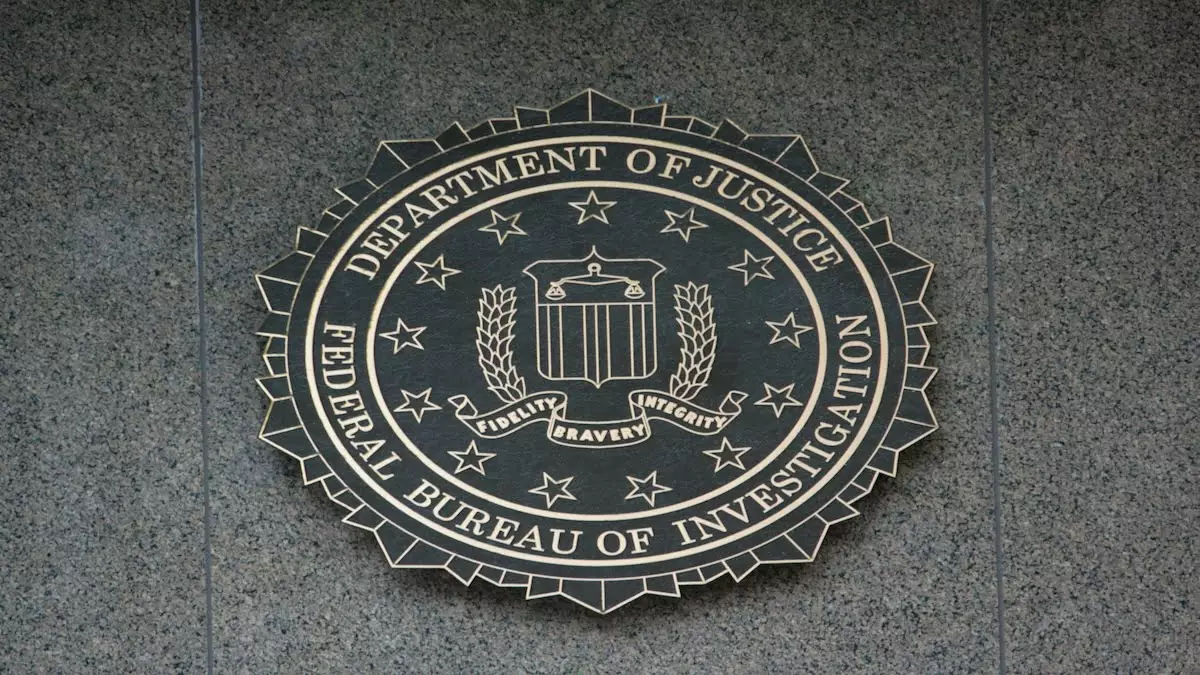The Federal Bureau of Investigation (FBI) has recently made headlines by leveraging Non-Fungible Tokens (NFTs) as a means to return $1.14 million to victims of the CluCoin fraud. This groundbreaking approach marks the first time that law enforcement agencies have utilized NFTs in reaching out to victims of financial crimes.
Through the use of NFTs, the FBI is able to provide notifications to CluCoin fraud victims containing detailed instructions on how to reclaim their stolen funds. This innovative method allows the FBI to circumvent traditional victim contact avenues that are often exploited by cybercriminals. By embedding essential recovery information within the NFTs, the FBI ensures that only legitimate victims are directed to the restitution process, thereby minimizing the risk of further fraudulent activities.
The utilization of NFTs in the CluCoin fraud case may signify the dawn of a new era for law enforcement agencies, where these digital assets are relied upon for a myriad of legal and governmental purposes. The inherent security and transparency of NFTs make them an ideal tool for enhancing accountability and upholding the integrity of legal transactions in the digital landscape.
The increasing adoption of NFTs by law enforcement entities is compelling regulators to intervene and establish standardized frameworks for the governance of these digital assets. Currently, the realm of NFTs largely operates in an unregulated environment, with rules varying significantly across different jurisdictions. As NFTs become more prevalent in investigative procedures, the need for cohesive regulatory structures becomes imperative to safeguard the interests of victims of financial crimes and protect their digital assets.
The CluCoin case serves as a prime example of the innovative use of crypto assets such as NFTs in modern law enforcement practices. By successfully recovering funds stolen from CluCoin investors through the utilization of NFTs, the FBI has showcased the potential for NFT technology to become a cornerstone of “digital policing” within the cryptocurrency realm. As NFTs evolve and mature, they may even emerge as a defining feature of digital law enforcement initiatives.
The FBI’s groundbreaking use of NFTs in the CluCoin fraud case underscores the transformative potential of these digital assets within the realm of law enforcement. As NFT technology continues to advance, it is likely that we will witness a paradigm shift in the way legal and governmental entities leverage these innovative tools to combat financial crimes and enhance digital security measures.
















Leave a Reply